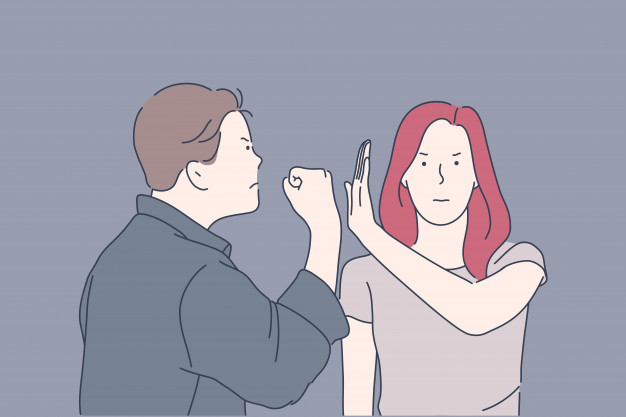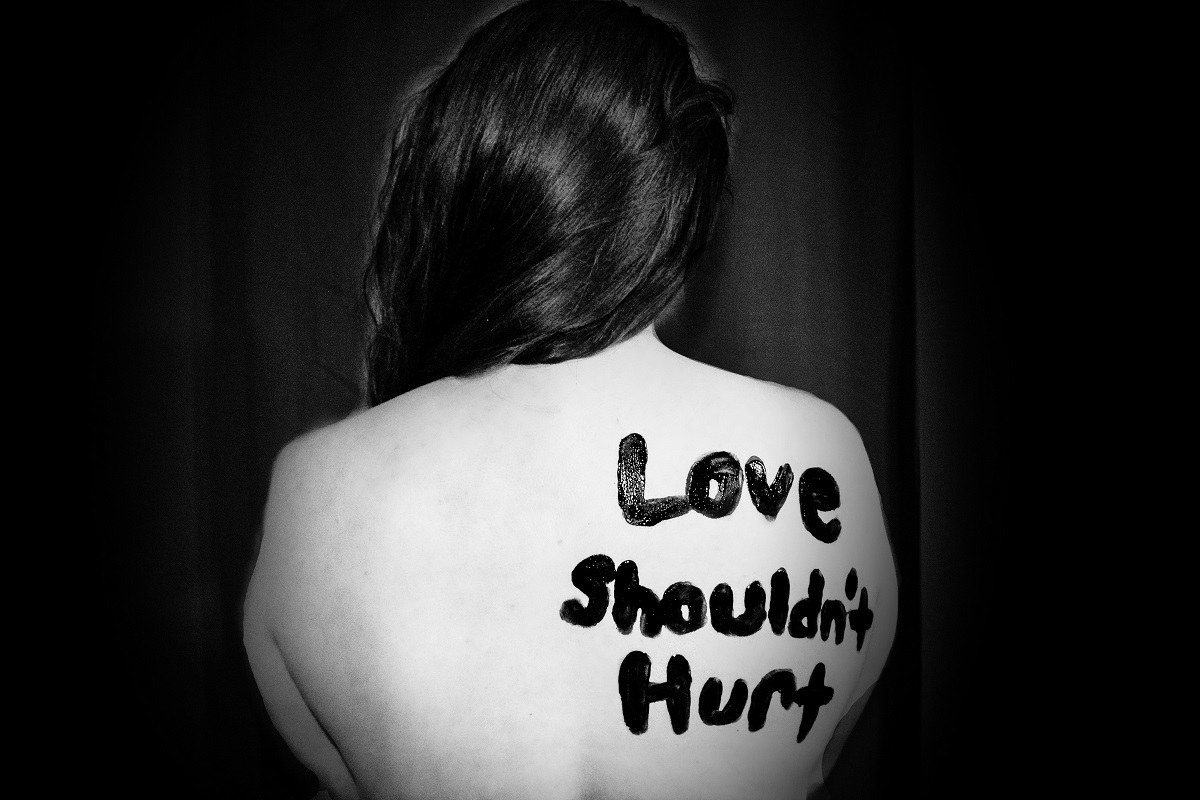The spread and effects of the COVID-19 pandemic have brought with it, a realization that has stopped the world in its track – the reality of our mortality. All over the world, it has jarred humans out of our perpetual state of mortality denial. This is the reason why most of the world is on lockdown to help curb and maybe ultimately stop the spread of the deadly virus while the search for a cure and vaccine continues.
When our house is unsafe, where do we go?
Cooped up at home for weeks indefinitely, it has become a time for families to spend time together, whether wanted or unwanted. While this has led to bonding and the building of closer relationships for some, for others, it has put a strain on their relationships or stretched out the existing strain to its limit. In these uncertain times, a number of factors can weigh down on a relationship, from the lockdown, stress, and anxiety to financial or job loss, to fear of the virus and even stress, thereby causing anger and outbursts.
In California – where “stay at home” rules are strict, the increased threat to the vulnerable especially women and children, has become a predictable side effect of the COVID-19 lockdown. For some, the “stay at home” order is a nightmare, especially for victims of abuse that used work and going out as a medium to escape their abusive relationships.
According to large number of marriage counselors, there has been a spike in domestic violence reports and calls to local hotlines since the pandemic and subsequent lockdown. They are also worried that domestic violence and associated fatalities will increase with time due to the victims being stuck in close proximity with abusers, experiencing more extreme violence, and unable to safely reach out for help.
Being cooped up in the house with an abuser is a domestic victim’s worst nightmare. Constantly walking on eggshells, with no escape recourse due to the limitations on movement and the danger of venturing outside and contacting COVID-19. Vulnerable women (and some men too) are stuck in a pressure cooker of danger, not knowing when it might erupt.
Different Forms of Domestic Violence

Domestic violence comes in different forms – physical abuse, threats, emotional abuse, maltreatment, withholding care, finances, resources, and even medical aid. According to Katie Ray-Jones, the CEO of the National Domestic Violence Hotline tells TIME, some abusers even threaten “to throw their victims out on the street so they get sick.”
Isolation is another emerging domestic violence trend in this period. Law enforcement in some parts of the United States report that domestic violence calls have gone down, but DV attorneys fear that this is not because of a decline but due to the difficulty of victims to report it. To be able to get away would be a great relief for victims but that has become increasingly difficult with the abusers in close proximity, monitoring their victims to ensure they do not call for help and even using COVID-19 as a means to further isolate them from any sort of help via their family and friends.
Difficulties in Getting Help Now
Before the lockdown, victims of domestic abuse took refuge at work, with extended family, friends, religious groups, and other community support systems, but with the “stay at home” orders, these options have become unavailable. Also, with children out of school, teachers and counselors are unable to notice child abuse signs and contact the proper authorities. This is the reason there are fewer reports of child abuse.
There is also the issue of shelters, struggling to help. Some shelters and social justice accommodations are full, while others are reducing their capacity to facilitate social distancing and reduce the risk of COVID-19 outbreak in the centers.
It’s a struggle right now to help domestic violence survivors. This has further reduced the options available to survivors of domestic violence on places to seek refuge, it has become a very bad situation. Also, gun sales have reportedly gone up all over, causing worry that things could get really dangerous.
According to San Diego domestic violence lawyer Samantha Greene, “Domestic violence is rooted in power and control, and all of us are feeling a loss of power and control at the moment, right now, we are all feeling a lack of control over our lives and an individual who cannot manage that will take it out on their victim.”
Solution
Marriage counselors have strongly advised that DV survivors should reach out and seek help once they feel safe enough to do so. Wait for the abuser to go out, be out of earshot, asleep, etc., and then secretly reach out to trusted friends or call help hotlines.
Meanwhile, domestic violence organizations are developing new strategies such as online chat and text to make it easier for victims to solicit help or support without alerting the abusers.
Create a safety plan
- Check online and safely note down a list of the local domestic violence hotlines and shelters in your area and inquire if they accept walk-ins.
- Reach out to a trusted family member or friend for a safe haven if things become dangerous or unbearable.
- Try to keep in touch and communicate with your family and friends daily for support.
- Develop a “danger code” with your family and friends to help you get out quickly if you need to.
- Find a safe place in your house where you can retreat to if an argument or violence breaks out
- Always keep your phone with you, so you can call a family member, friend, shelter or 911 when you need to.
Where to seek help
If you or someone you know is experiencing domestic violence, contact following hotlines:
National Domestic Violence Hotline Call 1-800-799-7233 or Text LOVEIS to 22522. Available 24/7. It can connect callers with local resources and immediate support. Also available through the online chat tool.
National Sexual Assault Hotline 1-800-656-4673
Provided by RAINN (Rape, Abuse & Incest National Network). Available 24/7. Also available through the online chat tool.
Crisis Text Line Text HOME to 741741
National Child Abuse Hotline 1-800-422-4453
Women’s Health Helpline 1-800-994-9662


